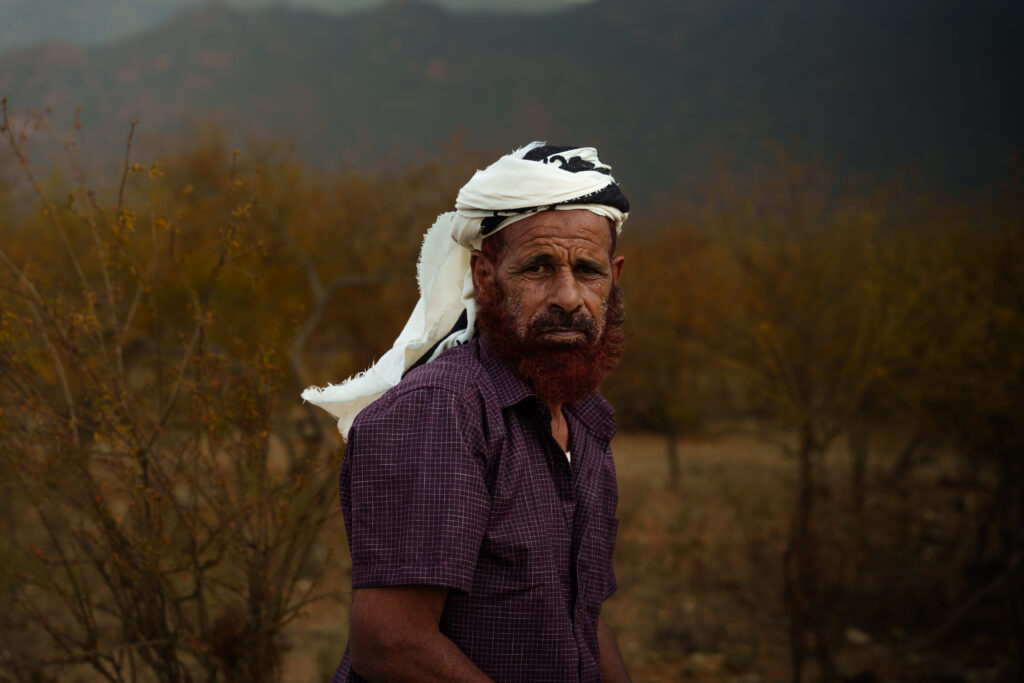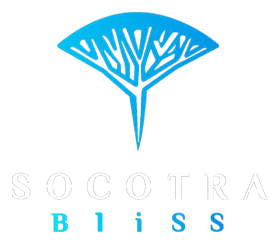SOCOTRA ISLAND
Travelling to Socotra is a truly extraordinary experience. The archipelago’s surreal landscape, characterized by otherworldly dragon’s blood trees, white sandy beaches, and rugged mountains, welcomes you with a visual spectacle that is unparalleled.
Socotra’s isolation has resulted in a distinctive biodiversity, with a high number of endemic species, making it a haven for nature enthusiasts, ecotourists and adventurous travellers. Beyond its natural beauty, the Socotri people, with their unique culture and warm hospitality make your experience on the island even more special.
Socotra is a destination for everyone who seeks an off-the-beaten-path adventure, untouched by mass tourism. The island is a safe and thrilling destination for adventure travellers, explorers, families, solo travellers and photographers.
History of the Island
The history of Socotra is as captivating as its unique ecological landscape. This remote archipelago, situated in the Indian Ocean, has a rich historical tapestry shaped by various civilizations. Socotra’s strategic location made it a crucial maritime stopover, with visitors stopping over from ancient Egypt, Greek, and the Roman Empire. In the medieval period, it became part of the Arab and Persian trade routes. Socotra then came under the influence of various empires, including the Portuguese in the 16th century and the Ottoman Empire in the 19th century. In the modern era, the island became a part of the British Aden Protectorate, before being integrated into South Yemen in the 20th century, and into the unified Republic of Yemen in the year 1990. Today, Socotra remains an integral part of Yemen, with its unique history, diverse cultural influences, and ecological importance attracting attention from historians, anthropologists, and environmentalists alike.

Socotri people
The Socotri people are an indigenous group inhabiting the Socotra archipelago. Renowned for their unique cultural heritage and distinct way of life, the Socotri have developed a close relationship with the island’s diverse ecosystem.
The Socotri language, an old and oral Semitic language spoken only by the community, adds to the richness of Socotra’s cultural identity. Traditionally engaged in fishing, agriculture, and pastoralism, the Socotri people have sustained their communities through a harmonious coexistence with the natural environment. Over the centuries, they have preserved their customs, folklore, and traditional practices, contributing to the rich tapestry of Yemeni and Middle Eastern cultures. Despite facing various challenges, including environmental pressures and limited resources, the Socotri people continue to persevere, proudly preserving their unique heritage on this isolated and ecologically significant archipelago.

